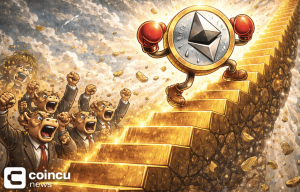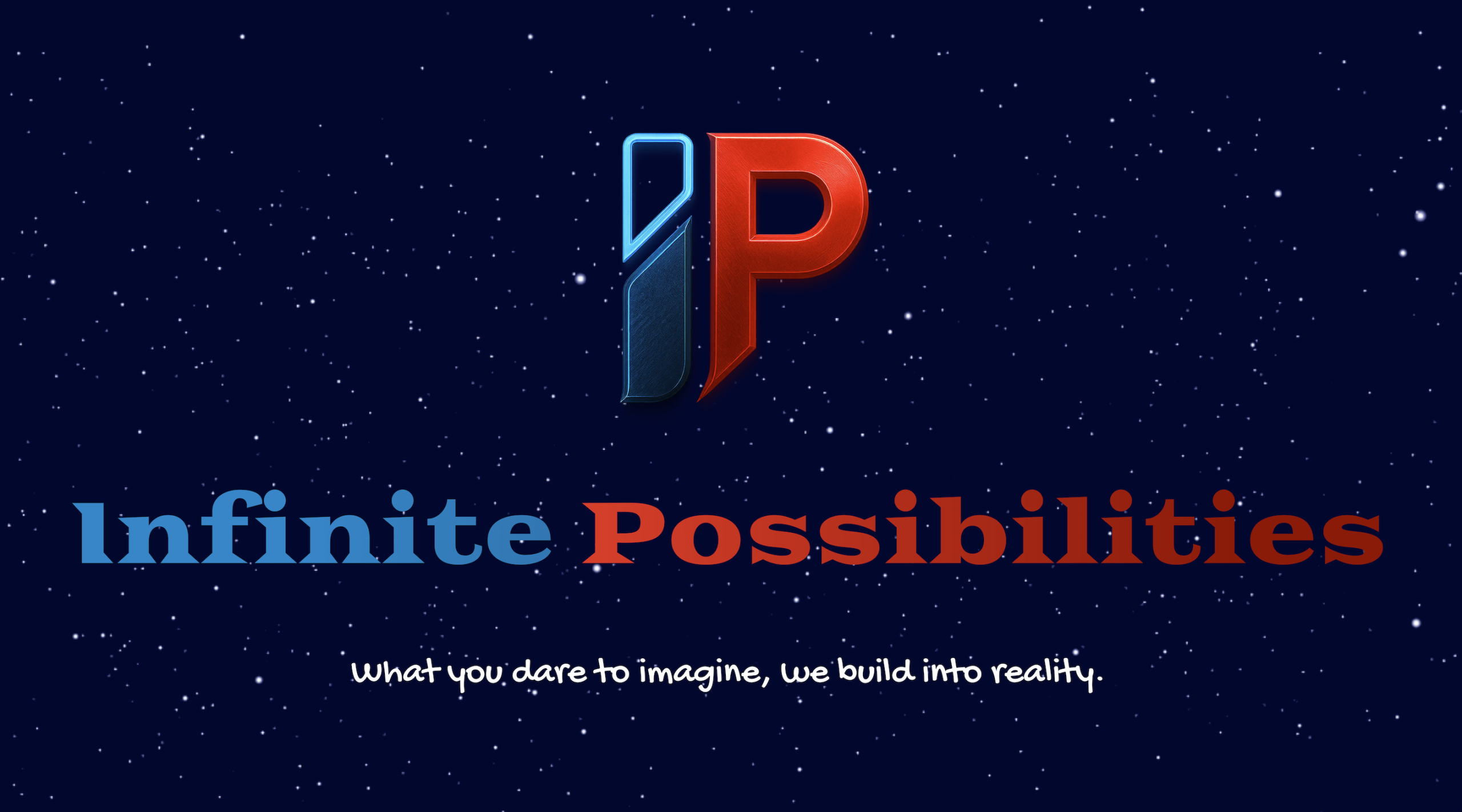Key Points:
- Following the Arbitrum boom, Layer 2 projects are gaining attention from the community with potential opportunities for early participation.
- Projects include zkSync, StarkNet, and Scroll.
- However, it is important to evaluate the potential of Layer 2 projects thoroughly before participating.
Let’s look back at the brilliant March that Arbitrum brought the so-called “glorious moment” to Layer 2 with Rollup technology. After the Arbitrum ecosystem launched the token, the market saw new money pouring in and showing signs of shifting to zkSync. From there, opening a new era for projects in the Layer 2 ecosystem.

Because of its exceptionally high value and reasonably predictable currency spending expectations, and with the Optimistic Rollup system, Layer 2 adopting the Rollup solution has always been viewed as the top priority decision by the airdrop circle. The wool party naturally moved their focus to the relatively released early ZK Rollup once the two representative players, Optimism and Arbitrum, tokens in succession.
Sorting out the development progress, token release expectations, and interaction strategy, we get three main ZK Rollup projects, including zkSync, StarkNet, and Scroll are the projects that the community is looking forward to the opportunity to join soon. Don’t try to wonder if Polygon, Immutable, and ConsenSys weren’t present. The simple answer is that Polygon and Immutable both issue tokens, and ConsenSys hasn’t even rolled out the zkEVM testnet yet.
zkSync
Matter Labs, a German development firm, launched zkSync, an Ethereum Layer 2 extension solution, in 2019. The company’s founding team has consistently said that tokens would be produced in the future.
zkSync has officially released the zkSync Era alpha version, enabling users to test it directly on this network. There is a chance to capture the cash flow from the zkSync ecosystem while it is still in its infancy; the majority of the money will go to the first generation. Similar to the Arbitrum in January of this year, now is a fantastic time to cash in on the cash flow while also taking advantage of the possibility of getting a significant airdrop from zkSync.
Today, zkSync runs two networks: the 1.0 network zkSync Lite, which does not support zkEVM, and the 2.0 network zkSync Era, which does, which means that zkSync will communicate over two separate pathways.
For many years, zkSync Lite has been available online. Users can activate the chain address using the official web wallet; then use the official bridge or third-party bridging services like Orbiter and Layerswap to deposit ETH and other funds into the network; perform trading operations on ZigZag; or try to mint some NFTs using the NFT function interface built into the wallet; if you catch up with the Gitcoin donation event, you can also try to donate using zkSync Lite.
This is a new native project group that plays an essential role in the zkSync ecosystem, thus, it’s a good idea to keep an eye on it. In the near future, these projects are anticipated to become the zkSync ecosystem’s top initiatives in each area.
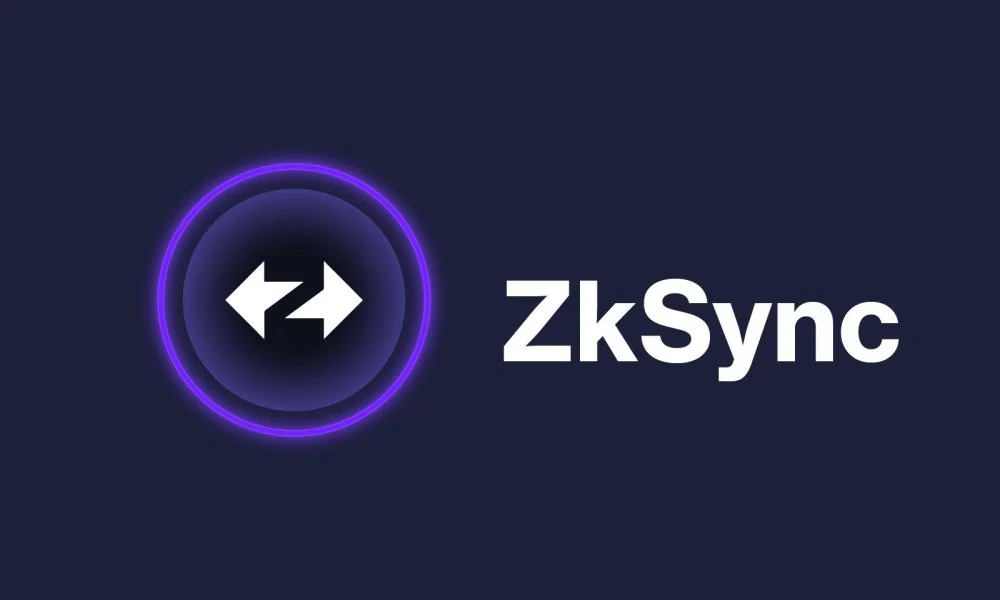
StarkNet
StarkNet is a Layer 2 scaling solution for Ethereum that employs ZK Rollup technology. StarkNet is a decentralized ZK Rollup that allows for the autonomous deployment of smart contracts. Every developer may create and deploy a smart contract without requesting authorization. StarkNet functions as an Ethereum Layer 2 network, enabling any dApp to attain limitless scale without jeopardizing Ethereum’s composability and security by using the most secure cryptographic proof mechanism. STARK is the most scalable.
StarkNet employs the Cairo language, which enables developers to scale and deploy dApps or smart contracts in any area. Cairo will be used by all protocols and dApps built on StarkNet.
The Zero-knowledge Rollups method creates STARK cryptographic proofs and can rollup hundreds of off-chain transactions on Layer 2. This is accepted evidence and is kept on the Ethereum network. Users’ assets are guaranteed to be recoverable after a block is validated, even if the operators refuse to assist. This technology will make the connection between Layers 1 and 2 simple and comfortable, and the interaction time between projects will be reduced.
StarkWare has concluded a $100 million Series D financing with an $8 billion value.
The Starknet Foundation announced the formation of five new committees this week, with the Provisional Committee in charge of planning, appointment, and implementing the supply and distribution of the StarkNet ecosystem token STRK. STRK will be utilized as a pledge token to participate in the StarkNet consensus process, as well as a network governance token and a gas token for paying network transaction fees.
In addition, eligible people may seek to become a governance representative via StarkNet’s governance delegation interface, and the development team may give them a specific scale of governance privileges. This is one of the opportunities for users to join early.
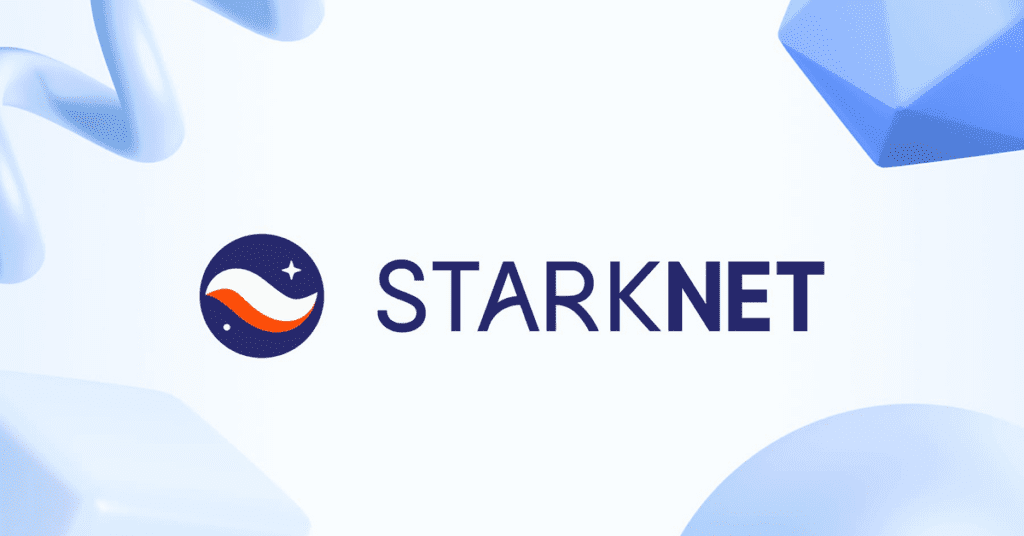
Scroll
Scroll is a Layer 2 scaling solution for Ethereum that uses Zk Rollup technology to address Ethereum’s backlog concerns, such as sluggish transaction speeds and high transaction prices. Scroll just launched zkEVM with the maximum degree of compatibility alongside Polygon and zkSync. Using ZK Rollup solutions, zkEVM will resolve any unresolved issues.
EVM-Equivalence functions just like Ethereum-compatible virtual machines (Ethereum Virtual Machine – EVM), allowing users and developers to transport dApps across levels without having to alter or change them. Adding too many lines of sophisticated code reduces the time required to reprogram existing features and frees up resources to build new breakthrough ones.
Scroll provides very rapid transaction speeds at a very cheap cost while maintaining the security of Ethereum.
Scroll just raised $50 million in additional funding from Polychain Capital, Sequoia China, Bain Capital Crypto, Moore Capital Management, Variant Fund, Newman Capital, IOSG Ventures, Qiming Venture Partners, and OKXVentures. Scroll’s total financing now stands at $83 million.
Scroll is currently at the Alpha testnet stage. Users can add the network with a single click via the official test network configuration interface, then transfer funds such as ETH from the Ethereum Goerli test network to the Alpha test network via the “official bridge,” and then enjoy Uniswap (forked version), SyncSwap, Tictactoe, and other ecosystems dApps.
It’s worth noting that the new Guild job provided through Scroll may also unlock a new identity in the official Discord, Mystery Role, which may potentially play some mystery role in the future.
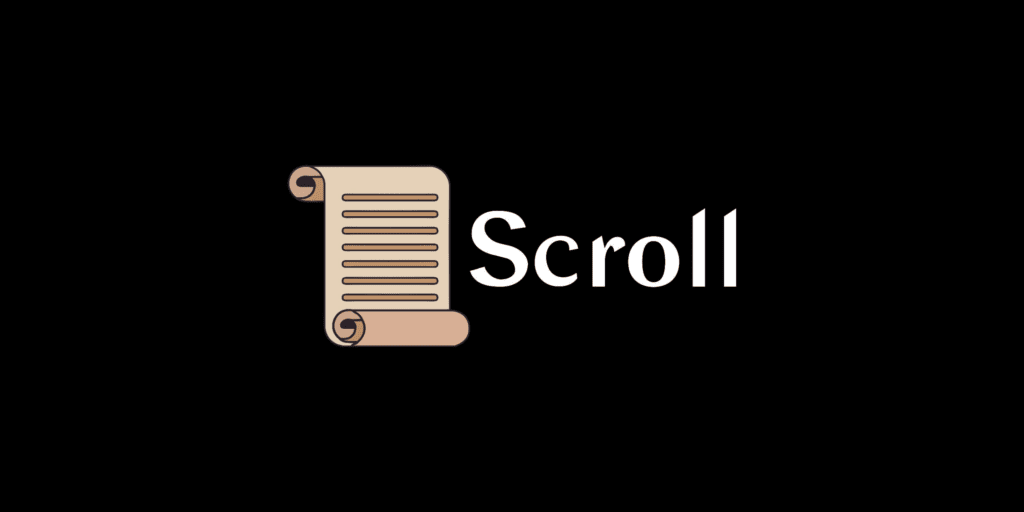
Conclusion
Arbitrum’s airdrop exemplifies the rising practice of releasing tokens to qualified users and DAOs. By attracting liquidity, utilization, and decentralization, airdrops benefit both users and protocols. Given the legal issues connected with token sales, more protocols are likely to use the airdrop technique in the future.
However, not every Layer 2 project can be airdropped. We need to consider them from a development perspective after conducting the airdrop.
DISCLAIMER: The Information on this website is provided as general market commentary and does not constitute investment advice. We encourage you to do your own research before investing.
Join us to keep track of news: https://linktr.ee/coincu
Harold
Coincu News










